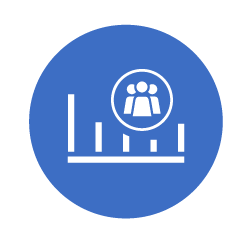Education
This encompasses the infrastructure and reform of the system of education. In order to solve educational problems, we must approach at system-level.
Tracking Student Progress
Much of the approaches to measuring progress today involves a look at the often-utilized summative assessments such as quizzes, tests and report cards but what might be missing from these is the in-between; more of the formative assessments. They do come in many forms in our schools but we are not relying enough on them to track learning growth. The issue with relying heavily on testing is that they do not always convince us of a student's mastery in a certain subject. What they can tell us, is if a student has memorized key parts of an assignment or topic. However, memorization does not equate to mastery — nor does it reflect actual learning.
Science Versus Myth
The modern system has become fixated on defining the process of learning by inquiring of a student's knowledge through questions that check for understanding through a metric of memorization. These types of questions determine a certain level of proficiency in a subject or topic and the mastery is assumed if memorized but this doesn't necessarily translate to student progression in learning the key components of the subjects. Again, memorization does not equate to proficiency nor does it track the process of learning. This approach is far too common in modern education; basing learning growth off a belief system rather than of a science.
Every day, we rely on science in the medical industry. We use science to create, test and prescribe medicines. We rely on the same science to perform operations during medical procedures but we don't do this in education. By implementing a science-based approach to teaching, we can then begin to really track progress by defining learning through the "science of learning" or "the technology of teaching". By applying the science, learning can be defined as a change in behavior over time. We can't detect this change of behavior over time if we continue to ask the same summative questions surrounding a "belief" in the outcomes.






